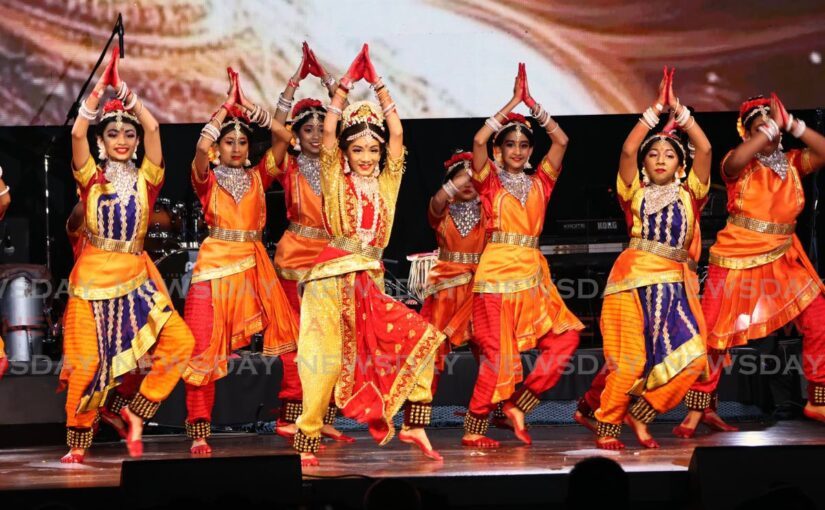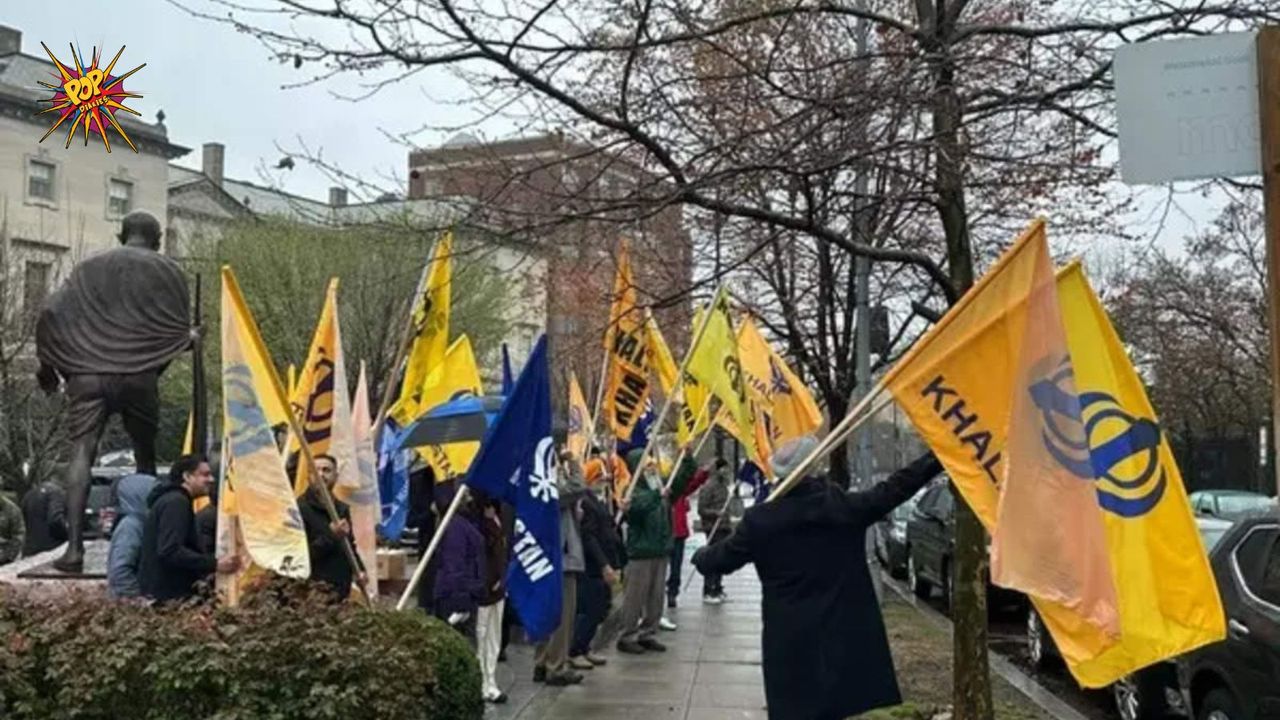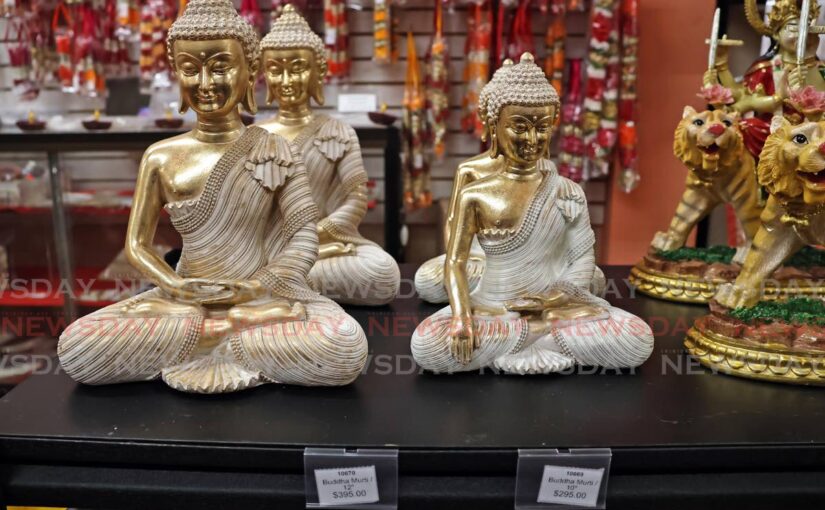India, once celebrated as a secular and pluralistic society, is increasingly becoming a nation defined by religious intolerance and communal...
Vous n'êtes pas connecté
- English
- Français
- عربي
- Español
- Deutsch
- Português
- русский язык
- Català
- Italiano
- Nederlands, Vlaams
- Norsk
- فارسی
- বাংলা
- اردو
- Azərbaycan dili
- Bahasa Indonesia
- Հայերեն
- Ελληνικά
- Bosanski jezik
- українська мова
- Íslenska
- Türkmen, Түркмен
- Türkçe
- Shqip
- Eesti keel
- magyar
- Қазақ тілі
- Kalaallisut ; kalaallit oqaasii
- Lietuvių kalba
- Latviešu valoda
- македонски јазик
- Монгол
- Bahasa Melayu ; بهاس ملايو
- ဗမာစာ
- Slovenščina
- тоҷикӣ ; toğikī ; تاجیکی
- ไทย
- O'zbek ; Ўзбек ; أۇزبېك
- Tiếng Việt
- ភាសាខ្មែរ
- རྫོང་ཁ
- Soomaaliga ; af Soomaali
Rubriques :
 Maroc - EURASIAREVIEW.COM - A la une - 27/Aug 11:08
Maroc - EURASIAREVIEW.COM - A la une - 27/Aug 11:08
Secularism And Right Wing Politics In India – Analysis
The boundaries between civic and cultural nationalisms were not neatly demarcated in conceptualizing secularism in India. In the country, a healthy identity politics was theoretically facilitated by the provisions of the Constitution and in the conceptualization of secularism by elites. Indian secularism is different from the western variant in so far as it does not completely separate religion and politics. Second, it includes the historical imperative that the newly constituted nation inherits its rich tradition of respecting all religions equally. Third, recognising and safeguarding the rights of minorities has been an integral part of Indian secularism. The western model of secularism could not have provided space for the observation of several religious festivals in the state-funded educational institutions such as Ganesh Chaturthi and Saraswati Puja in view of its prescription for strict separation between religion and politics which India with respect for all religions has provided. The Congress leader Bal Gangadhar Tilak's popularisation of Ganesh festival was later adopted by the right wing Shiv Sena party of Maharashtra as an expression of Hindu assertion. Mahatma Gandhi spoke of spiritualization of politics and suggested inseparability between religion and politics although he did not express preference for a particular set of religious values over any other. This provided necessary wiggle room for right wing politics amid the overlapping spheres. The making of Indian Constitution was an elite exercise. It was prepared by the Constituent Assembly whose members were elected by the legislative assemblies of different states. Although the political elites did not belong to a monolithic socio-economic structure, the socio-economic conditions that they represented were certainly different from those of masses. The elite political groups such as the Indian National Congress (INC) and Hindu Mahasabha conceptualized national identity through different lenses based on their interpretation of historical experiences and understanding of socio-economic conditions prevailing at that point of time which could realize the enlightenment norms of equality, liberty and justice for the masses. While the INC under the leadership of the first Prime Minister of India Jawaharlal Nehru considered respect for plurality and protection of minority rights through the Constitution as a way to realize these norms, the Hindu Mahasabha representing the upper-castes considered instituting a Hindu Rashtra could provide justice to majority of the people by asking the minorities to assimilate with the culture of the majority-Hinduism. Extremists within the Congress Party also voiced their opinions for an India with a strong Hindu cultural identity as its foundation. However, Nehru's and moderate Congress leaders' prescription for protection of rights of minorities gradually tilted towards appeasement of religious minorities by successive Congress leaders and Hindu Mahasabha's radical approach towards the religious minorities was softened by successive political groups formed to defend the changing contours of Hindu culture such as Jan Sangh and the BJP. Extreme right wing politics of Hindu Mahasabha was moderated by leaders such as Shyama Prasad Mukherjee who dissociated himself from the Mahasabha and formed the Bhartiya Jan Sangh in 1951 on the core question of membership of Muslims and Christians, the RSS opened its membership to the latter in 1979 under the stewardship of Balasaheb Deoras. On the other hand, the pluralist ideology was diluted as Nehru's daughter and his political/ideological successor Prime Minister Indira Gandhi did not shy away from accommodating Sikh religious extremists, such as the fundamentalist preacher Jarnail Singh Bhindranwale in the late 1970s and early 1980s to defeat the Akali Dal in Punjab, a political party largely popular and comprised of moderate Sikhs. When much publicized conversions of untouchable communities in and around the village of Meenakshipuram in South India to Islam in 1981 took place, it was the Congress government of Indira Gandhi which warned against the disuniting of India as the "Gulf money" would induce untouchables and tribal peoples to leave the Hindu fold. The BJP even while subscribed to different dimensions of cultural nationalism kept blaming the Congress Party for treating the religious minorities as a monolithic group and misusing the group rights for vote-bank politics. On the other side, the BJP government, in line of this argument, has outlawed the practice of Triple Talaq to demonstrate its commitment to individual rights while it kept criticising the late Indian Prime Minister Rajiv Gandhi's steps to revoke the Supreme Court's verdict on Shah Bano case in the 1980s as a minority appeasement strategy.\ Much like Prime Minister Indira Gandhi's attempts to tilt the 1983 Jammu and Kashmir assembly elections in the Congress Party's favour by raising the bogey of Muslim invasion of Jammu region through a resettlement bill, the Party's pluralist credentials goaded her grandson Rahul Gandhi to make exclusive visits to temples prior to elections and his inconsistent remarks posed challenges to his party's secular credentials and played straight into the BJP's advantages. For instance, in 2012, declaring to the voters in Badaun, Rahul gave credit to his grandmother Indira Gandhi for breaking up Pakistan. He said: You know that when any member of my family has decided to do anything, he does it. Be it the freedom struggle, the division of Pakistan or taking India to the 21st century". While the Congress Party was cleft between its policy of minority appeasement and the compulsion of not losing the votes of majority, the BJP clearly took advantages from the Congress's such dilemma. On the other hand, in a bid to temper its majoritarian ethos, the BJP and its sister organisations have been trying to bring the socially and economically backward Pasmanda Muslims to the 'mainstream.' For instance, since 2002, the RSS-backed Rashtriya Muslim Manch (RMM) is working towards this end. In a similar vein, a cursory look at the BJP's manifestos of 2019 and 2024 would make it perceptible that in places of concepts like Hindu identity or Hindutva with clear communal connotations, phrases like India's Civilization/ Cultural Heritage/Ancient Bharatiya Civilization have been chosen by the party.
Articles similaires
How Trump will deal with ‘pro-Democrat’ and ‘anti-India’ government in Bangladesh?
Donald Trump’s recent social media critique of Bangladesh, accusing it of “barbaric violence” against religious minorities and claiming it is in...
Trump’s Victory Seen Through India’s Eyes – OpEd
Trump's electoral politics matches Modi's in India Republican party candidate Donald Trump's decisive victory over Democrat Kamala Harris in the...
Truth resonates with eternal light of Divali
THE EDITOR: TT celebrates Divali on October 31, a public holiday since 1966. Divali continues to generate national appeal from all sectors of the...
For A ‘New’ Bangladesh: An Astute Strategic Prism? – OpEd
The sweeping protests in July-August 2024 that ousted Bangladesh’s Prime Minister Sheikh Hasina’s (Hasina) authoritarian rule, won the country...
‘Hindu Lives Don’t Matter...’: BJP Slams Congress Over Silence On Canada Temple Incident
BJP spokesperson called out Rahul Gandhi and Congress’ Priyanaka Gandhi Vadra for ‘overlooking’ the atrocities against Hindus in both Bangladesh...
Hindu Mandir In Canada Disturbed By Extremist Force, Third Time In Row
The violent disturbance today at the Hindu Sabha Mandir in Brampton by khalistani extremists tried to disturb the consular camp amid the already tense...
A Rebuttal: Setting the Record Straight on Anambra APC and Joseph Onoh's Allegations - Igboeli
By Uchenna Ezeadigwe Zonal Publicity Secretary of Anambra Central APC and Coordinator Anambra APC Renewal Group, Mr Igboeli Arinze Napoleon has...
Family legacies at the heart of puja stores
BAVINA SOOKDEO THE puja store industry has blossomed into a niche yet essential business sector that caters to a range of religious and cultural...
Kremlin Backs Revival Of Tsarist-Era Anti-Semitic Union Of The Russian People – Analysis
In October, two developments on the extreme right of the Russian political spectrum occurred that cast a dark shadow on the country’s future. In...
Les derniers communiqués
-
Adobe Brings Conversational AI to Trillions of PDFs with the New AI Assistant in Reader and Acrobat
Adobe - 21/02/2024
-
Laura Frigenti takes the Helm as Chief Executive Officer of the Global Partnership for Education
Global Partnership for Education - 05/12/2022



